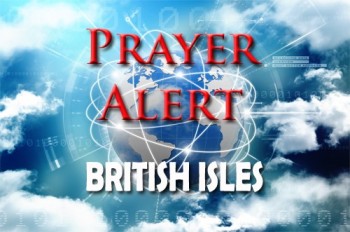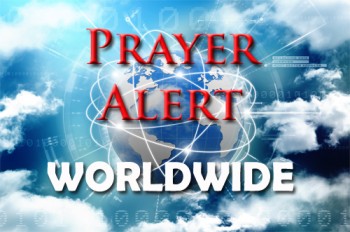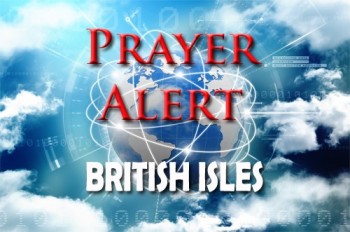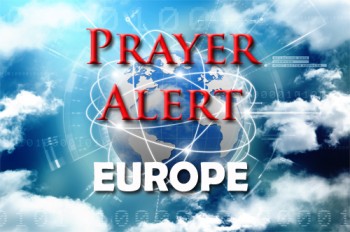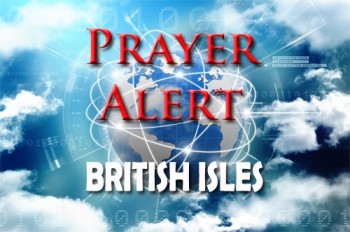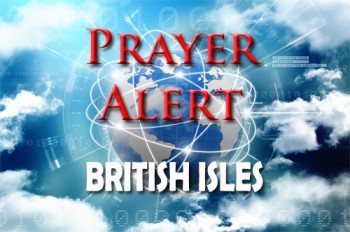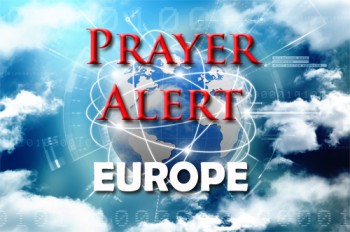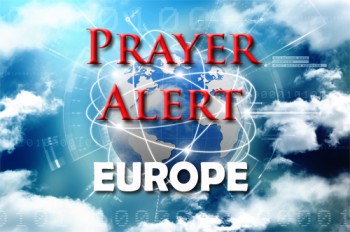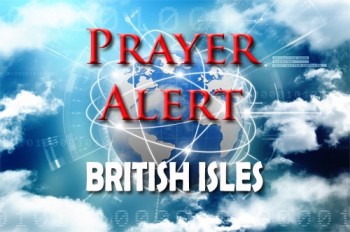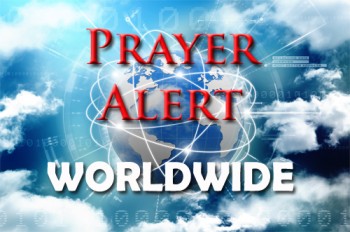Displaying items by tag: police
Muslim policewoman with racist disposition
Photos and film of a police officer wearing a hijab on the front line went viral last year. But police constable Ruby Begum used Twitter to insult Jews and mock the 9/11 attacks before joining the Met. Scotland Yard faces questions over how her rants were missed during vetting. She communicated over many months with a woman who fled Europe to live under IS's so-called caliphate. The Met has now launched an investigation, while Miss Begum has been placed on 'restricted duties'. She works for the Met's taskforce dealing with public order and has run a Twitter account since 2012, posting 25,000 messages. Interspersed with commonplace concerns are posts that will dismay Met Police chiefs battling longstanding accusations of institutional racism.
Japan: Tokyo’s hidden homeless
When a country holds the Olympic Games, there is often a redevelopment of parts of the host city. Hundreds of homeless people in Tokyo were given eviction notices even though they have nowhere to go. Metropolitan officials cleared the area of homeless people before the Olympics, and are still doing it during the games. A 62-year-old homeless man said an official approached him on 8 July to tell him, ‘Remove your belongings by 21 July; they are creating obstacles for the Olympics’. According to a Tokyo-based support group, authorities have taken tougher approaches against homeless people since Tokyo was named the host city of 2020 Olympics. Parks are now locked and lit up at night to discourage the homeless from sleeping there. There were 1,126 homeless living in parks in Tokyo in January 2019, but only 862 in 2020. The whereabouts of the 264 is unknown. Tokyo's homeless are experiencing extreme pressure to hide.
BLM activists fear for their lives
‘If people constantly say they want to kill you, you don't feel safe at all’, says Aima, a Black Lives Matter (BLM) activist. Standing up for the rights of black people has a high price for many protesters in the UK. But lack of trust in the police means many threats go unreported. That trust has been eroded by decades of racism. An inquiry into botched investigations into the murder of black teenager Stephen Lawrence found institutional racism in London's Metropolitan Police. Despite some changes since then, black people and ethnic minorities are still disproportionately represented when it comes to police checks, imprisonment, and deaths in custody. A 2020 survey by the charity ‘HOPE not hate’ revealed 65% of people from ethnic minority backgrounds felt the police were biased against their community. When a new generation of activists addressed the UK’s racial divide they were met with curiosity and sympathy, but that turned into defensiveness and outright denial from some in Britain's ruling class and opinion influencers.
Germany: fake Covid vaccine certificates
The Cologne police force has set up a special team to combat a growing black market in forged vaccine certificates. Fraudsters are communicating via an encrypted messenger service which makes investigations difficult, and the police are still trying to determine the scale of the problem nationally. Some people are duped into paying about £86 then get nothing. Covid ‘passports’ to ease travel are being rolled out now across the EU. 44% of Germans have had at least one jab and over 18% of the population are fully vaccinated against Covid. The fraud takes place on the Telegram messenger service and involves both real traffic in fake certificates and fake offers which lure people into paying but provide nothing. Often cryptocurrency is used, like in the online black markets in drugs and weapons. Telegram has become a hub for anti-vaxxers, suspicious of vaccines and denying official data about the pandemic. Proving that you are Covid-free allows access to restaurants, leisure facilities, foreign travel, and more.
Northern Ireland: bomb under car
A bomb was planted beneath the car of a serving part-time female police officer in County Derry, leading to condemnation from first minister Arlene Foster and Sinn Fein MLA Gerry Kelly who criticised it as a ‘reprehensible’ attack. The device, which was found before it did any damage to her or her young child, was defused by British army explosives experts. Legislative assembly member Cara Hunter said that no one should live in fear of going to work: ‘Our officers protect our communities every day and keep them safe. My thoughts are with them and their families.’ The attack comes amid mounting sectarian tensions in Northern Ireland, which have spilled over into violence several times in recent weeks.
Lawlessness and disorder
Around half of police stations in the UK have been closed over the past decade. At least 667 stations with front counters allowing the public to speak with officers have been shut since 2010 to reduce costs. The Home Office said there are ‘a range of reasons’ behind the closures, including a rise in the use of online crime reporting instead of members of the public approaching police at a station counter. David Lammy, shadow secretary of state for justice, said over half of Britain’s police stations have closed in ten years, and more than half of the courts in England and Wales are closed. He accused the Conservatives of causing lawlessness and disorder.
Germany / Belgium: cocaine 'worth billions' seized
Customs authorities in Germany and Belgium have seized a record amount of cocaine - over 23 tonnes - destined for the Netherlands. German officials said the cocaine had a street value of billions of euros. In 2019 the chairman of the Netherlands police union said, ‘We definitely have the characteristics of a narco-state. We're not Mexico. We don't have 14,400 murders. But if you look at the infrastructure, the big money earned by organised crime, the parallel economy, yes, we have a narco-state’. A 28-year-old man suspected of involvement in the cocaine trafficking was arrested on 24 February in the Netherlands. In 2020, 102 tonnes of cocaine heading for Europe was intercepted. Pray for the capture of powerful drug-trafficking gangs from Brazil and Paraguay who are running many of the smuggling operations to ports in Europe.
Russia: protesters receive harsh show of force
Protesters throughout Russia gathered on two consecutive weekends to support jailed opposition leader Alexey Navalny, who accused President Putin of poisoning him with Novichok. Over 5,000 were detained, including Navalny's wife who was later released. The organised protests started at noon in 120 cities. Riot police in heavy-duty uniforms attacked the streets full of protesters. They closed subway stops and cut short bus routes to prevent demonstrators gathering. Protesters shouted, ‘Let him go!’ and ‘Russia without Putin!’ Putin’s ratings have hit historic lows over declining incomes, diminishing freedoms, and poor handling of the pandemic. The following week Navalny was sentenced to nearly three years in a prison colony for violating the terms of his probation while he was recuperating in Germany from nerve-agent poisoning. The UK foreign secretary said the perverse ruling targeted the victim of a poisoning rather than those responsible. Russia is failing to meet the most basic commitments expected of any international community member. See
Suspicious package sent to Covid vaccine factory
Police have detained a 53-year-old man from Chatham after a suspicious package was sent to a Covid-19 vaccine factory in north Wales. He remains in custody as enquiries continue. However, the police said in a statement that there is no evidence to suggest there is an ongoing threat.
Turkey: Kurdish region injustice continues
The police forces in Turkey’s Kurdish region resemble occupying armies. Government-appointed mayors, police brutality and armies of imams have altered society’s fabric. Allegations against Special Forces of rape and sexual harassment are ignored. If such accusations are publicised, officials will dismiss it as affairs between soldiers and girls who want to marry them. A former mayor commented, ‘It is better that they are involved in prostitution than protesting the government.’ A young Kurd who photographed a policeman killing an innocent Kurd in 2017 now faces twenty years in prison, while the policeman goes unpunished. Also recently hundreds of army officers, pilots and civilians were jailed for life for taking part in the 2016 attempted coup to overthrow President Erdoğan. The acquittal of the police officer and the hundreds jailed comes when Erdogan is trying to attract foreign investors. Even the simplest reforms would demand drastically altering the way Turkey polices, prosecutes, judges, and imprisons its residents. See
